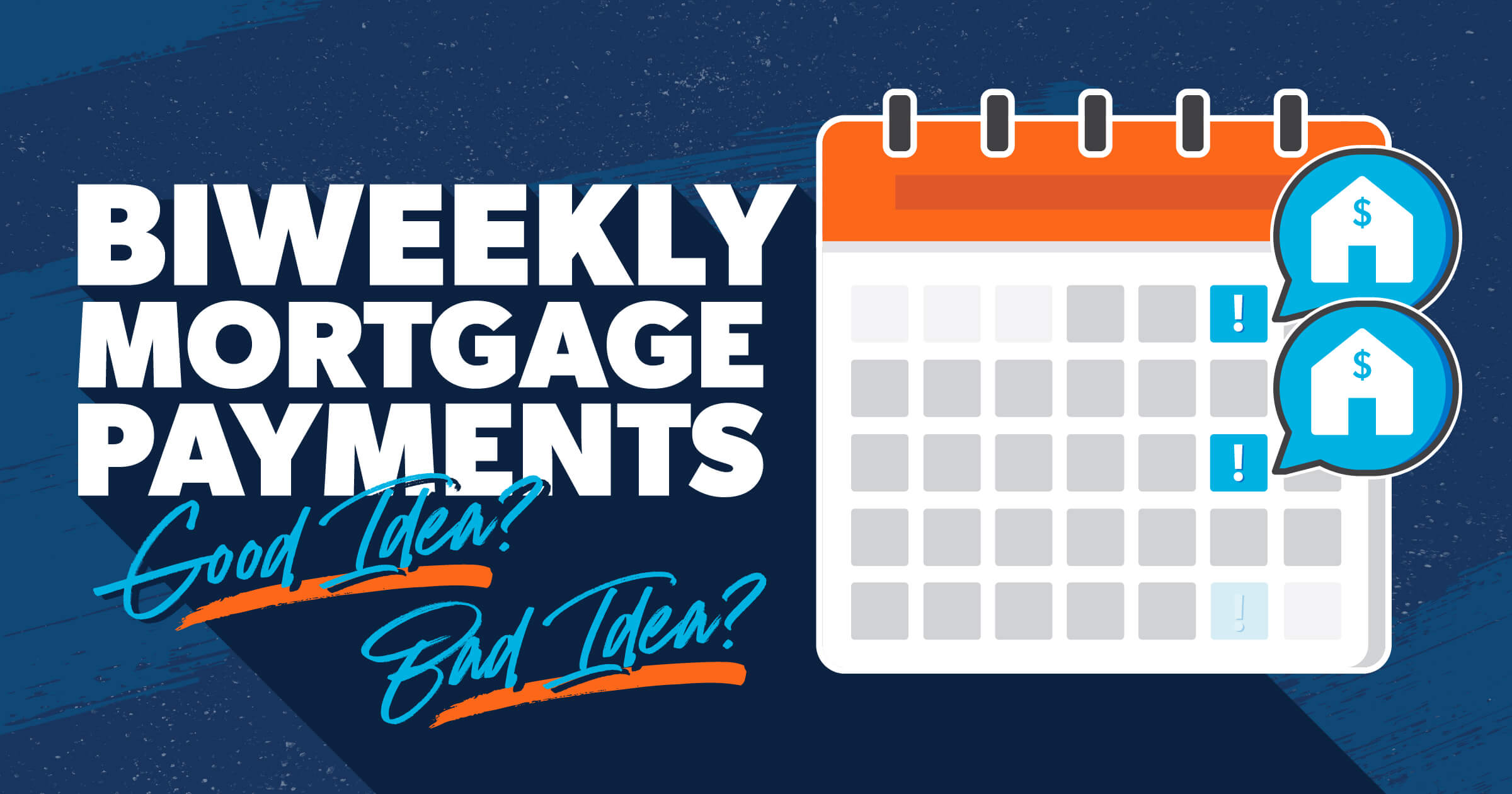The Marquee Loop: The Pros and Cons of Bi-Weekly Mortgage Payments
The Pros and Cons of Bi-Weekly Mortgage Payments
Paying off your mortgage is a significant financial goal for many homeowners. One strategy that’s gained popularity is making bi-weekly mortgage payments instead of the traditional monthly payments. While this approach can potentially help you pay off your mortgage faster, it’s essential to weigh the pros and cons to determine if it’s the right fit for your financial situation. In this blog, we’ll explore the advantages and disadvantages of bi-weekly mortgage payments.
Pros of Bi-Weekly Mortgage Payments:
1. Accelerated Debt Reduction:
- One of the primary benefits of bi-weekly payments is that you make half of your monthly mortgage payment every two weeks. Over the course of a year, this results in an extra full payment. By applying this additional payment toward your principal balance, you can pay off your mortgage faster.
2. Reduced Interest Costs:
- Paying bi-weekly can significantly reduce the total interest you pay over the life of your loan. The more frequently you make payments, the less time interest has to accrue on the principal balance.
3. Improved Budgeting:
- Bi-weekly payments align with many people’s bi-weekly or semi-monthly paychecks, making budgeting more manageable. It can help you avoid the end-of-month crunch when making a single large payment.
4. Forced Savings Discipline:
- Bi-weekly payments create a disciplined approach to saving, as you’re effectively making an extra payment each year without feeling a significant financial strain.
Cons of Bi-Weekly Mortgage Payments:
1. Potential Administrative Hassles:
- Not all mortgage lenders offer a bi-weekly payment option. You may need to set up automatic payments through a third-party service, which can come with additional fees.
2. Limited Flexibility:
- Making bi-weekly payments can be less flexible than traditional monthly payments. If you face a financial emergency or need to divert funds to other priorities, the fixed schedule may not accommodate these changes easily.
3. Smaller Impact on Variable Interest Rates:
- The interest savings from bi-weekly payments are more substantial with fixed-rate mortgages. For variable-rate mortgages, the interest savings may be less predictable, as rates can change.
4. Less Immediate Liquidity:
- By allocating extra funds to mortgage payments, you may have less immediate liquidity for other financial goals or investments. It’s essential to strike a balance between paying down your mortgage and saving for other needs.
Tips for Implementing Bi-Weekly Payments:
- Check with Your Lender: Confirm with your mortgage lender if they offer a bi-weekly payment option. If not, inquire about alternatives or third-party services that can help you set up this payment schedule.
Budget Wisely: Ensure that making bi-weekly payments fits comfortably within your budget. Avoid financial strain by setting up automatic deductions on your payday.
Evaluate Your Financial Goals: Consider your broader financial goals and how allocating extra funds to your mortgage aligns with those objectives. Sometimes, investing or saving for other goals may yield a higher return than paying off your mortgage more quickly.
Bi-weekly mortgage payments can be a powerful strategy to pay off your mortgage faster and reduce overall interest costs. However, it’s essential to carefully assess your financial situation, lender options, and long-term financial goals before committing to this payment schedule. While it may not be the right fit for everyone, it can be a valuable tool for those seeking to achieve homeownership debt-free at an accelerated pace.


